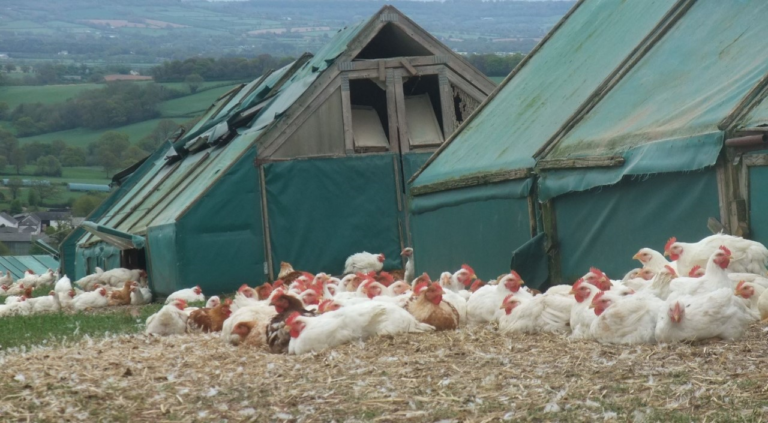Red Tractor Assured farmers can continue to buy professional rodenticides without taking part in a stewardship training course.
The Campaign for Responsible Rodenticide Use (CRRU) has announced that the farm assurance scheme’s standards – which were updated in October last year – are fully aligned with its UK code of best practice on rodent pest management.
Non-assured farms must continue to take a course and carry a certificate of competence to buy professional rodenticides.
Red Tractor’s head of external affairs, Philippa Wiltshire, said: “This is good news for our farmers who are automatically demonstrating CRRU compliance by passing their Red Tractor audit.
“It also shows a unified approach and a commitment from the industry to use professional rodenticides responsibly.”
Red Tractor members have benefited from the earned recognition agreement for the past two years as part of a transitional arrangement pending changes to the scheme’s standards.
But after amended standards came in to force on 1 October, full recognition from the CRRU has been gained with a new agreement starting on 1 January 2018 on an ongoing basis.
“There will be many members who are still unaware of this important membership benefit. We hope that word will spread now that the new standards have been recognised,” Wiltshire added.
A key objective of the CRRU is to reduce the risk to non-target species.
Assurance standards do not allow routine permanent baiting, and baits can only be sited where evidence shows they are being continuously effective.
A site survey and risk assessment of watercourses and populations of non-target species should also be carried out and recorded before treatment.
When not managed responsibly, professional rodenticides can pose a risk to wildlife, livestock, pets and even humans.
Red Tractor standards recognised by Campaign for Responsible Rodenticide Use

Previous ArticleIntroducing the National Egg & Poultry Awards
Chloe Ryan
Editor of Poultry Business, Chloe has spent the past decade writing about the food industry from farming, through manufacturing, retail and foodservice. When not working, dog walking and reading biographies are her favourite hobbies.

